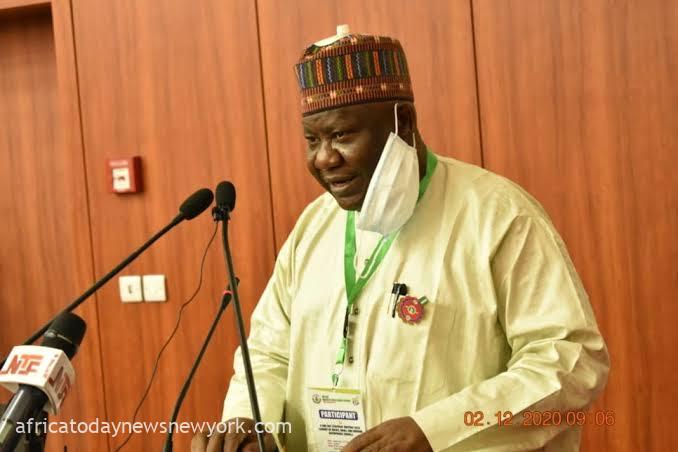Mr. Dasuki Arabi, Director-General of the Bureau of Public Service Reforms (BPSR), offered assurance that pension reforms are structured to bring tangible benefits to retirees.
Mr. Dasuki Arabi reiterated his commitment to the effective implementation of reforms, assuring stakeholders that he would prioritize the interests of beneficiaries. He conveyed this assurance during a stakeholders’ workshop on the Identification of Effective Implementation of Reform Modalities in Nigeria’s Pension Administration held in Abuja on Wednesday.
The News Agency of Nigeria (NAN) reports that the ongoing event is dedicated to evaluating pension reforms and administration in Nigeria, providing insights into progress, challenges, and the envisioned future. It was highlighted that Nigeria’s pension system has undergone transformation from the Colonial Pension Ordinance of 1951 to the Pension Reform Act 2004, incorporating the Contributory Pension Scheme for the nation’s workforce.
Mr. Dasuki Arabi pointed out that despite the implemented reforms, challenges endure, including non-compliance from some state governments, delays in pension benefits disbursement, bureaucratic hurdles, and unreliable record-keeping.
Mr. Dasuki Arabi assured that the BPSR is committed to ensuring that every individual working in Nigeria, whether in the public or private sector, receives their retirement benefits.
‘It is our duty to ensure that these reforms are not just on paper but are effectively implemented to benefit our retirees.’
‘The Pension Reform Act of 2004 marked a pivotal moment in the history of our pension system. It introduced the Contributory Pension Scheme, a mandatory initiative aimed at providing a sustainable and reliable framework for the retirement benefits of all employees in Nigeria.’
‘However, despite these well-intentioned reforms, challenges persist, and it is essential for us to identify and address the gaps hindering the realisation of these objectives,’ he said.
The director-general highlighted some key objectives of the workshop, such as exploring effective operationalization of pension administration, bridging institutional challenges, and developing strategies for sustainable reform.
Read also: CPS Retirees Explain Why Pensioners Struggle In Lagos
‘Stakeholders from various sectors, including government agencies, the National Pension Commission, and the National Labour Congress, are invited to provide insights and experiences,’ he said.
He further explained that BPSR would also advise the government on how to build a sustainable and effective pensions system.
The Secretary to the Government of the Federation (SGF), George Akume, has emphasised the importance of continual reassessment of the pension administration process to ensure efficiency, transparency, and benefits for pensioners.
Akume, who was represented by Dan’Azumi Dahiru, a director in SGF’s office, urged stakeholders to work together to identify evidence-based reform modalities aligned with Nigeria’s national development priorities.
He highlighted the commitment of the current administration to prioritising the welfare of citizens and ensuring pension policy in Nigeria ranks among the best globally.
Mr. Dasuki Arabi advocated for the harmonization of activities among agencies addressing pension matters, underscoring the imperative for digitalization to streamline pension administration.
Mr. Bukar Talba, Chairman of the Committee on Public Sector and Institutional Reforms, House of Representatives, stressed the considerable responsibility of safeguarding social security for the working class and older individuals, treating it as akin to a fundamental right.
Mr. Bukar Talba underscored the complexity and significance of the reform, which focuses on the restructuring of the retirement system to ensure its long-term financial sustainability.
Chioma Ejikeme, Executive Secretary of the Pension Transitional Arrangement Directorate (PTAD), stated that the old pension offices encountered significant challenges before the establishment of PTAD in 2013.
Addressing the root causes, Chioma Ejikeme, in her paper titled “Pension Transition: Bridging the Gap and Setting Modalities Right,” stated that the challenges were a culmination of several negative incidents and inactions by both the old pension offices and the government, resulting in the absence of a comprehensive pensioners’ database.
